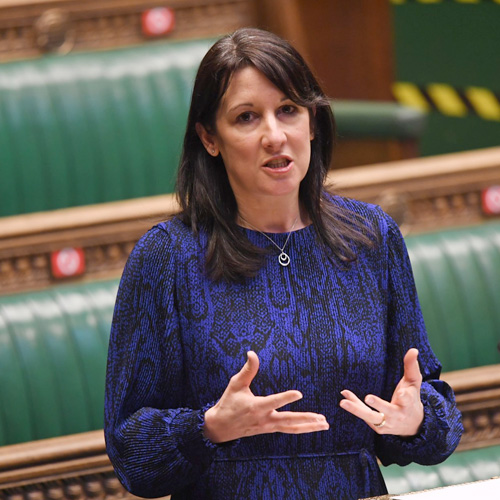The Budget the article below references has now concluded - read the Budget 2024 Summary for all the details and links to updated tools and calculators.
--------------------------------------------------------------------------------
The UK is bracing for potential tax hikes following much speculation as Chancellor Rachel Reeves prepares to deliver her first UK Budget on Wednesday October 30th, 2024.
Following Labour's recent election victory, Reeves has signaled a shift in fiscal policy, emphasizing the need to address the "funding black hole" inherited from the previous Conservative government.
In a speech to Parliament this afternoon, Reeves outlined the challenging economic landscape, citing a projected overspend of £22 billion.
The findings from a Treasury audit revealed billions of pounds of unfunded commitments by the previous Conservative government, including the Rwanda scheme, the Advanced British Standard, and the New Hospital Programme. Additionally, the previous government failed to budget for public sector pay settlements, which were £11-12 billion higher than accounted for.
To address the overspend, Reeves announced £5.5 billion in savings this year and £8.1 billion next year. These savings include scrapping the Rwanda migration partnership, canceling the Investment Opportunity Fund, and halting unaffordable road and railway schemes. The Chancellor also announced a review of the underperforming New Hospital Programme.
She also announced a series of spending cuts, including a significant change to the winter fuel payment scheme. Previously available to all pensioners, the payment will now be restricted to those receiving pension credits or other means-tested benefits, impacting an estimated 10 million pensioners.
Several infrastructure projects will be scrapped, including the controversial Stonehenge tunnel and the A27 Arundel bypass. These cuts, alongside a pause on railway restoration projects, are expected to save billions.
While Reeves reiterated Labour's pledge not to raise taxes for working individuals, her emphasis on the need for "difficult choices" has fueled speculation about potential tax increases for other segments of society. Experts suggest that capital gains tax, a levy on profits from the sale of assets like property or shares, could be a target.
In her speech there was a quick mention that the basic and higher rate of tax will not be changed nor will national insurance, but we are unaware if this means the thresholds will remain the same or if another band of tax could slide in above the current higher rate threshold similar to the devolved Scottish tax rules.
Reeves also outlined long-term plans to tackle welfare fraud and error, address falling public sector productivity, and establish a new Office of Value for Money. She confirmed plans to end the VAT tax breaks for private schools from January 2025, and replace the non-domicile regime with a new residence-based regime.
The Chancellor also announced the extension of the Energy Profits Levy to March 31st 2030, with tightened investment allowances and a rate increase to 38 percent from November 1st 2024.
Some argue that tax increases are necessary to restore fiscal stability and fund essential public services, others express concern about the burden on businesses and individuals already grappling with the rising cost of living.
The October 30th budget will be a crucial test for the new Labour government, revealing the extent to which they are willing to deviate from their pre-election promises in the face of economic challenges. As the date approaches, individuals and businesses alike will be watching closely to see how the Chancellor plans to navigate the UK's financial future.


